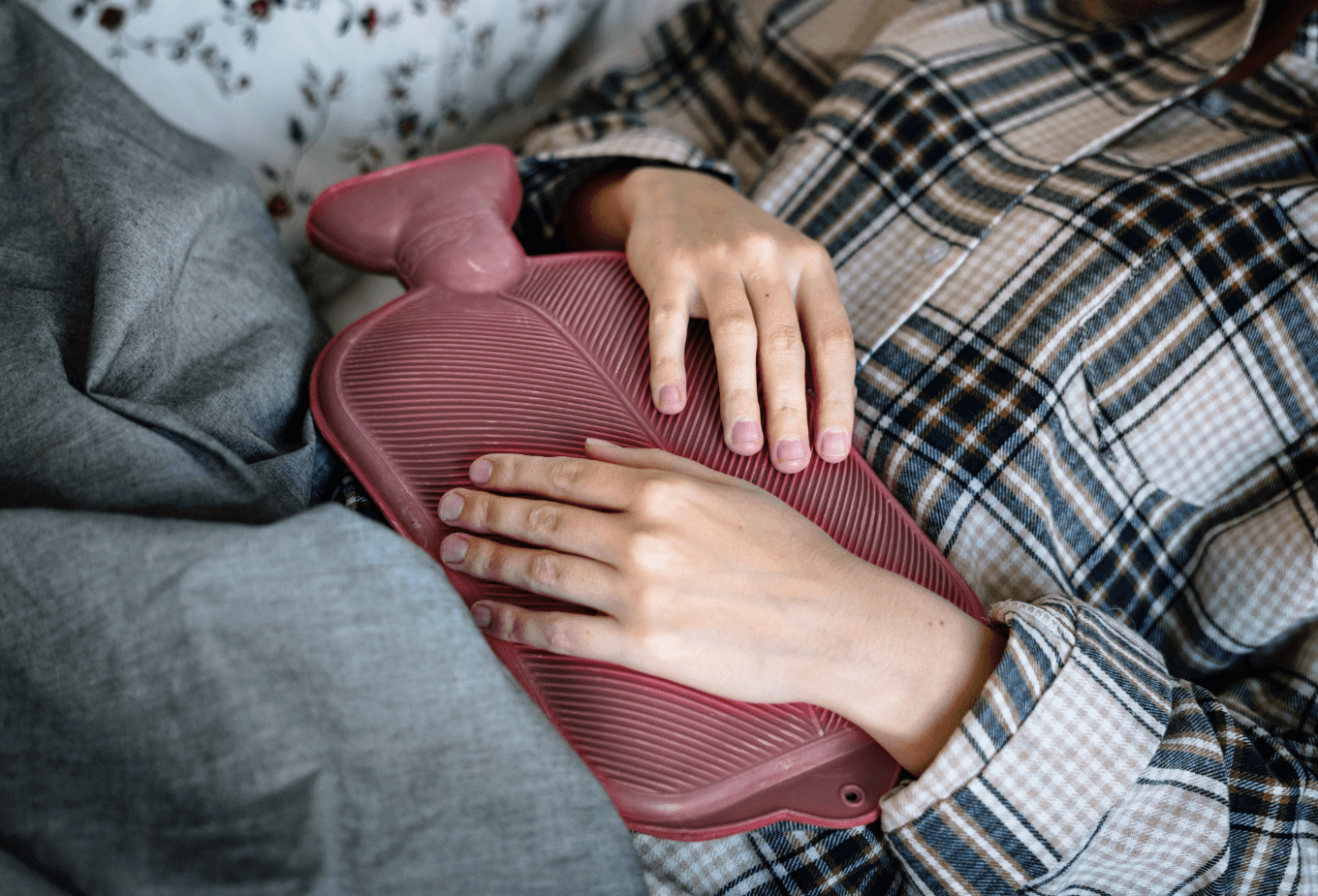
It wasn’t until her mid-30s that Top Chef host and model Padma Lakshmi was finally diagnosed with endometriosis — a painful medical condition affecting about 1 in 10 women in the U.S. in which the uterine lining (endometrium) grows outside the uterus. Not only can it cause a host of symptoms — including severe pain — but endometriosis could also lead to infertility.
For Lakshmi, the excruciating pain she suffered for years every month when she got her period was just her “lot in life.”
Her mother had told her as much. She’d sat the young Lakshmi down for a discussion about menstruation, and explained that some women had to deal with terrible cramps and some women did not. Lakshmi, 48, had grown up watching her mother, a health care provider, struggle monthly with severe cramping and sometimes even having to stay home from work because of the pain.
Like her mother, Lakshmi’s periods were debilitating. “My whole pelvis would just ache,” she tells Yahoo Lifestyle. “Like a really deep ache in the bones of my hip. Some of the symptoms I experienced during my period were lower back pain, digestive issues, severe cramps, migraines, nausea. One week of every month I was bedridden.”
March is National Endometriosis Awareness Month, and the perfect opportunity to shine a light on endometriosis — a condition affecting 176 million women worldwide — and how it can impair fertility.
What is endometriosis and its connection to infertility?
According to the Mayo Clinic, endometriosis most commonly involves your ovaries, fallopian tubes and the tissue lining your pelvis. Rarely, endometrial tissue may spread beyond pelvic organs. Because the displaced tissue continues to act as it normally would, it thickens, breaks down and bleeds during your menstrual cycle — except the blood has nowhere to go. Instead, it causes inflammation and irritation of nearby tissue and causes the pain associated with endometriosis.
The American Society for Reproductive Medicine reports that endometriosis can be found in up to 50 percent of infertile women and patients with endometriosis typically suffer from infertility in about 30 to 50 percent of cases. While endometriosis doesn’t cause infertility per se, patients who suffer from the disease will have significantly lower chances of getting pregnant.
Yes! You can have endometriosis and still get pregnant!
The first step towards pregnancy once you’ve been diagnosed with endometriosis is to have the displaced tissue and adhesions removed through laparoscopic surgery, which is a minimally invasive procedure. An incision is made in the lower belly and a telescopic device is inserted with a small camera at the end, letting the doctor look for and remove endometriosis. In fact, the best time to get pregnant is the first few months following the procedure.
Another benefit of the laproscopy is that it allows your doctor to assess the extent of the endometriosis, which can then be scored between 1 and 4. With more minimal endometriosis (between 1 and 2), removal of the tissue could lead to a healthy natural pregnancy. Stage 3 or 4 — or more advanced endometriosis — would also benefit from deep excision surgery coupled with the following assisted reproductive technologies (ART):
- In vitro fertilization (IVF): the fertilization of an egg with a sperm in a lab.
- Intrauterine insemination (IUI): implantation of healthy sperm directly into the uterus to encourage implantation.
- Third-party assisted ART: this can include, egg and sperm donation or surrogate or a gestational carrier.
If you have not yet been diagnosed with endometriosis and are having trouble with conceiving, it might make sense for both partners to get some testing done. SpermCheck is a quick and accurate kit that lets me test their sperm count at home.
When Lakshmi was first diagnosed with endometriosis, she considered having some of her eggs frozen for when she was ready to have a child — only to learn she had gotten pregnant the old-fashioned way. Now she is using her platform to spread awareness about the condition.
“I think endometriosis is a very isolating and lonely disease,” she says. “We need to change the way our culture handles periods and anything around a woman’s reproductive health and just take away the taboo.”



